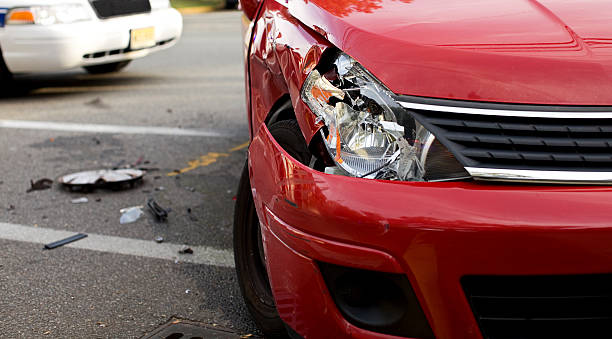Experiencing a car accident is a stressful event that can leave you feeling overwhelmed. While addressing immediate safety concerns and dealing with insurance are top priorities, it is equally important to pay attention to essential automotive repair to ensure your vehicle remains safe and reliable.
Here are six key maintenance steps you should not ignore after an accident.
1. Ensure Thorough Inspection By A Professional Mechanic
Even if your car seems to be functioning normally after an accident, a thorough inspection by a professional mechanic is crucial. Some damages might not be immediately visible or may seem minor but could lead to significant issues if left unchecked.
Mechanics can identify problems with the engine, transmission, or other critical systems that might not be apparent. This detailed inspection ensures that any hidden damages are addressed promptly, preventing future breakdowns and ensuring your vehicle’s safety and performance.
2. Wheel Alignment And Suspension Check
Collisions can severely impact your car’s alignment and suspension, affecting the vehicle’s handling and tire wear. Misalignment can cause your car to pull to one side, making it harder to control and increasing the risk of another accident, therefore, it is an integral part of collision repair.
A professional wheel alignment ensures that your car drives straight and your tires wear evenly, enhancing both safety and fuel efficiency. Additionally, checking the suspension for any damage ensures a smooth and safe driving experience.
3. Brake System Evaluation
Your brakes are one of the most critical safety components of your car. An accident can cause hidden damage to the brake system, including the brake pads, rotors, and lines. It is essential to have a mechanic evaluate the entire brake system to ensure there are no issues that could compromise your ability to stop the car effectively.
Even a slight impairment in the braking system can be dangerous, so a thorough check and necessary repairs are vital.
4. Fluid Leaks and Levels Inspection
An accident can cause leaks or changes in the levels of various fluids in your car, including engine oil, coolant, brake fluid, and transmission fluid. These fluids are essential for the smooth operation of your vehicle, and any leaks can lead to significant mechanical problems if not addressed.
A professional inspection will identify any leaks or necessary fluid top-ups, ensuring your car runs efficiently and avoiding potential engine damage or overheating.
5. Electrical System and Battery Check
The impact of a collision can damage your car’s electrical system, including the battery, alternator, and wiring. Electrical issues can lead to problems starting your car, malfunctions in lights and indicators, and other electronic components.
A comprehensive check of the electrical system ensures that all components are functioning correctly, preventing unexpected breakdowns and ensuring all safety features, like airbags and anti-lock brakes, are operational.
6. Body and Frame Integrity Assessment
Beyond the cosmetic damage, an accident can compromise the structural integrity of your vehicle. The frame and body of your car are designed to absorb and distribute impact energy to protect passengers.
Any damage to the frame can weaken this ability, making the car less safe in the event of another collision. A body shop specializing in collision repair can assess and repair any damage to the frame and body, ensuring your vehicle meets safety standards and looks its best.

